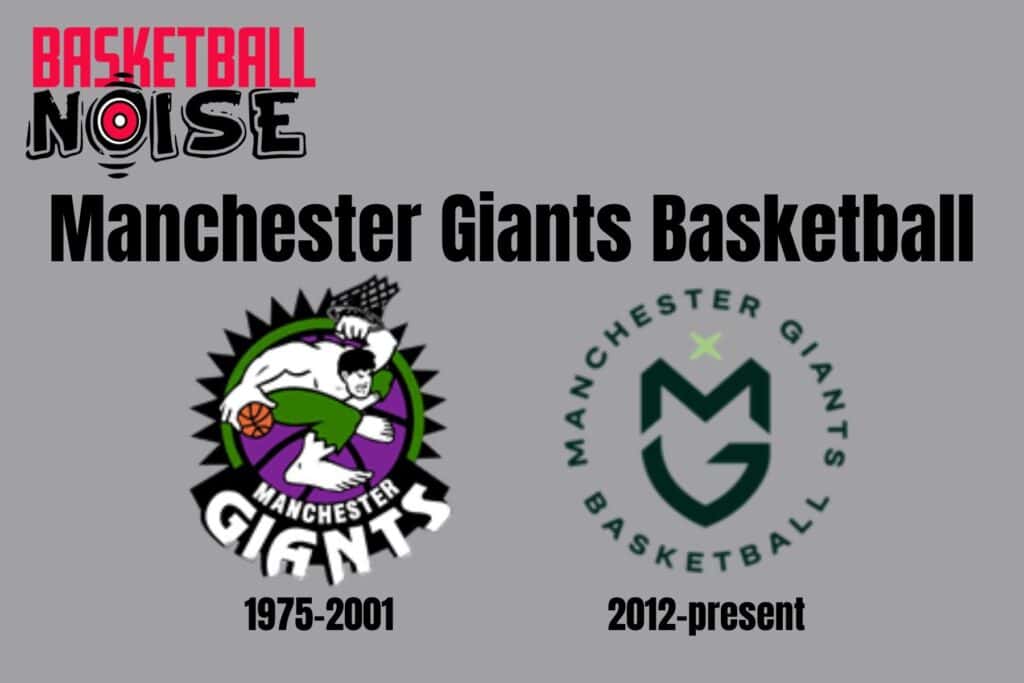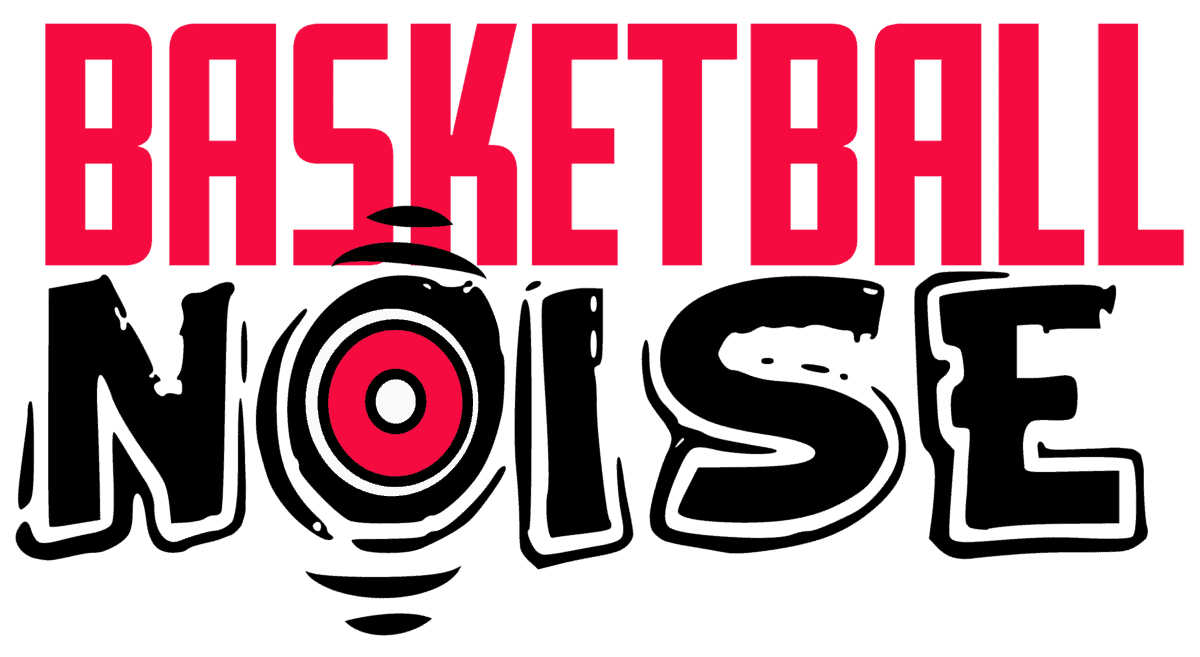The Manchester Giants are a team playing in the British Basketball League (BBL). A revival of the Manchester Giants name, from the popular Basketball club that operated between 1975 and 2001, the Giants returned to Basketball in Manchester in September 2012 when they joined the BBL. The Giants are currently coached by Vince Macaulay and play their home games at the National Basketball Performance Centre (NBPC), a 2,000 capacity basketball arena located in Manchester, England.

The Manchester Giants are one of the most famous names in British Basketball. With a history stretching back to 1975 they have seen the involvement of legends such as Manchester United manager Sir Alex Ferguson, NBA Championship winning Head Coach Nick Nurse and current LA Lakers assistant coach, Phil Handy.
Manchester Giants Basketball: The Peak and Sir Alex Ferguson
Before it’s 2012 revival in name only as a presence in British Basketball, the Manchester GIants had a 25 year history in the game between 1975 and 2001. After a successful emergence in the early 70’s the club eventually settled into a groove, breaking the dominance of Southern Basketball sides in the English National League and pulling in crowds that outgrew several venues.
Basketball was growing on the continent and large football clubs such as Spain’s Barcelona and Real Madrid were seeing success developing “sporting clubs” that encompassed more than just the centerpiece football team. This model still holds strong in Europe with Real Madrid’s basketball arm producing talent like the Dallas Mavericks Luka Doncic for the NBA.
In England the idea was to merge with the historically huge, but currently struggling Manchester United Football Club. United Director club lawyer Maurice Watkins was the man behind the merger with a basketball team. He arranged the purchase of the Warrington Vikings basketball team and moved them to Stretford Leisure Centre. With the Basketball team renamed as Manchester United Red Devils, they signed NBA players Jeff Jones and Will Brown before adding Colin Irish. The plan was initially to take the place of the Manchester Giants and become the top basketball side not only in the city but also the country. In 1985, The Red Devils won the Championship Final 109-97 against Kingston. United then absorbed the Manchester Giants in a merger and claimed the 1985–86 National League title. Their success would lead them to Europe and giant matches against Real Madrid and Barcelona. Success that seemed to be eluding the Football arm of the club.
Enter Alex Ferguson.
There are now a number of urban myths, but the reality was the basketball team was really successful. They even paraded trophies around the pitch at Old Trafford ahead of football matches. This, when joined with the lack of success on the pitch at Old Trafford frustrated the football people.
Ferguson, then a young unproven manager, had one singular focus. To win the English Football League for Manchester United for the first time since 1967. The basketball side project was a distraction and it had to go. In 1988 the Red Devils had been sold off and renamed them the Manchester Eagles with plans for an 8,000 seater Basketball arena next to Old Trafford canceled. On the football Pitch, United would return to dominance as Ferggie steered them to 13 Premier League titles.
The Manchester Giants re-merge: Nick Nurse
By 1993, the Giants had been purchased by Cook Group Inc, an American medical devices company, eventually moving to the Manchester Evening News Arena for the start of the 1995–96 season. The Manchester Giants made it into the record books in their first year at the Arena, attracting 14,251 fans to their season opener against the London Leopards. This remains a record attendance for League Basketball in Britain.
An influx of American talent saw Indiana University graduates Joe Hillman and Mark Robinson join ex-NBA players such as Robert Churchwell and Brian Rowsom on court for the 1997–98 season. The coaching team would shift and change and success would come in all to fleeting moments.
The start of the 1998–99 season saw the beginning of an exciting new era for the Manchester Giants as a relatively unknown (compared to 2023) coach named Nick Nurse was brought back to British basketball to try to end the team’s 12-year trophy drought.
Nick Nurse would immediately unlock the potential in the Manchester Giants as they claimed the inaugural Dairylea Dunkers Championship and Northern Conference title in 2000. The Manchester Giants won 87 of its 106 games in the last two seasons, winning a BBL record 45 games in 1999–2000.
Despite the on court success and popularity of Nurse with players and fans, the ride was about to come to an abrupt end. The team were stunned soon after celebrating its first BBL championship in the summer of 2000 when a senior director representing ownership informed the team and management Cook Group could no longer afford to fund the Giants. Without funding the decline was swift, just nine games into the 2001-2002 season the Giants folded.
The current Manchester Giants Basketball Team
The brand name of the Manchester Giants is strong in British Basketball. Nostalgia and the power of Manchester as a sporting and cultural powerhouse are big. With the BBL slowly growing in strength and organization, the dormant potential of British Basketball is starting to awaken for the first time since the late 90’s. In late 2011 Graham Herstell put together a consortium to start a new professional basketball franchise and revive the Giants brand. The new Manchester Giants were officially announced back into the BBL on 19 June 2012, joining fellow new franchise East London Royals for the 2012–13 season.
The new-look Giants played their first competitive game against London Lions on 21 September 2012, at their home venue at Wright Robinson College. A sell-out crowd witnessed a home victory as the Giants won 85–84.
The giants have moved from strength to strength now playing at the National Basketball Performance Centre (NBPC), a 2,000 capacity basketball arena located in Manchester, England.
On court success is yet to return, but it’s only a matter of time.
